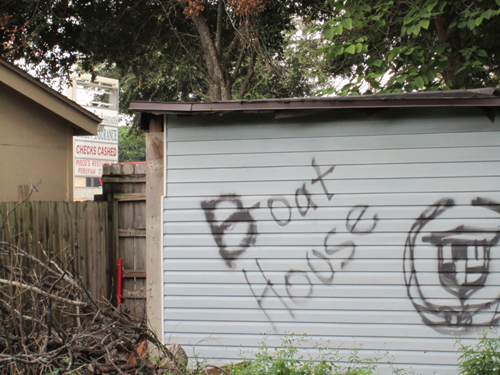
While it is possible to recover your website from the Penguin algorithm, you won’t be able to recreate the enthusiastic web community that it destroyed.
It started in April 2012. One day, the traffic was gone. Webmasters around the world watched a sudden and jarring Google algorithm go live and destroy years of work in an instant. The cycle of loss broke out: Panic, denial, eventually bargaining. A few who weren’t affected found occasion to brag and taunt those who lost traffic, but in a month or two of Penguin refreshes many of them would also get caught in the trap.
It’s very possible for an individual site to recover from a Penguin penalty. The big secret is to simply diversify the anchor text in links pointing to your website. Ironically, the more control you have over those external backlinks, the easier it is to beat Google’s great “spam” filter. If you organically acquired a distorted link profile, you’re probably in big trouble. Meanwhile, lots of spammy tricks still seem to be working well.
The thing you can’t rebuild
You know what hasn’t come back? The optimism and vitality of the webmaster community. The first clue was about a month in to the Penguin’s aftermath.
My Google feed reader had gone from a torrential downpour to barely a trickle. Bloggers who used to post daily or more were starting to bring out weekly updates. Blogs that had published for years just started to vanish from the new posts list. Webmaster forums had a few very hot threads about people very upset with Penguin, but there were no more newbies coming in to ask about getting started in the web biz.
My own motivation wasn’t immune to this effect. Even after getting pages back ranking again for valuable terms, the customers weren’t really there. At least not like they used to be.
Is the web better today for it?
Unambiguously, I must say no. Auto-spammers haven’t stopped bombarding every website they can get access to, they’re just trying to hide their footprints a little better.
Plenty of quality websites have been relegated to the dustbin of memory due to a slightly inflated percentage of exact-match anchors. Webmaster enthusiasm is hurting, and no real alternative to the homebrewed domain have really come in to fill their place.
Sure, a lot of big corporate websites have done just fine and seen large traffic growth. Unfortunately, that business model usually involves a bunch of investors losing money until they can find the next group of investors to dump the website off on. See, it takes a LOT of cash to build the “quality” websites Google wants these days, and most organizations that have the manpower to do so can’t cover their expenses on fifty cents a click.
The bigger your traffic, the less focused your visitors are and the lower your conversion ratios will go. More and more work & money needs to be poured in for a flat return. For every Facebook, there are a thousand who are trying and failing to be the next big thing.
Moving forward
I can’t quit. I just don’t know how. I’ve definitely switched my work focus toward increased hours with one of the big corporate websites, but who knows if this new investor will be the one who actually sees returns… or if we’re looking for new money again in a few years.
In the meantime, things will probably be slow around here just like they’ve gotten slower everywhere else. It is hard to stay motivated when a few clicks by someone halfway across the country can completely undo whatever work and effort you’ve put in to a website. After all, what good is it if no one sees it?
On the other hand, crisis can create opportunity. In the midst of the chaos, with competition dropping like flies, it might be a good time to declare one’s self as the mayor of some web boom town turned ghost town.

Leave a Reply